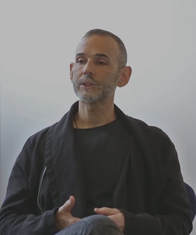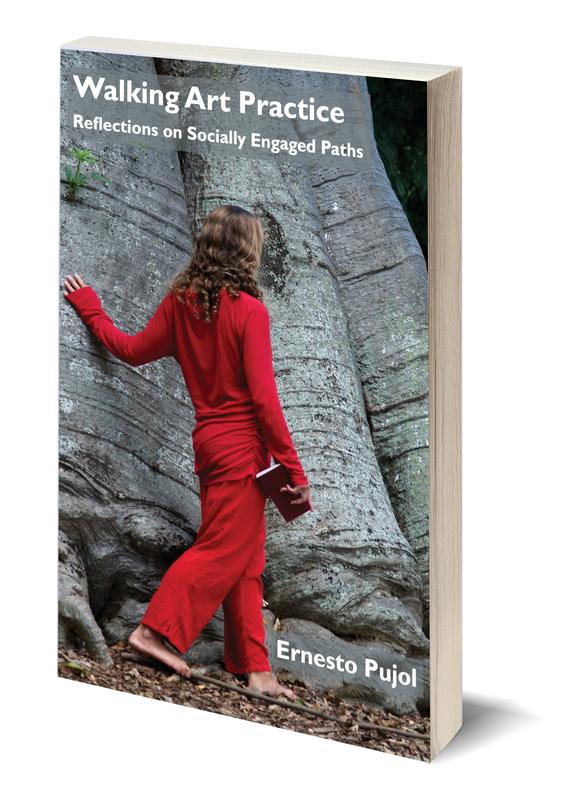AUTHORS: Ernesto Pujol
Ernesto Pujol is a site-specific, public, performance artist and social choreographer, as well as a writer and educator. In the 1970s, he pursued undergraduate work in the humanities, art, and philosophy. During the 1980s, he sought Western monastic training in a Cistercian-Trappist cloister, followed by social work among the homeless, graduate work in education, psychology, and communications. He also served in public health addressing HIV/AIDS in the US and Latin America, as a consultant to nonprofit organizations such as the Brooklyn AIDS Task Force and GMHC in New York, the Academy for Educational Development in Washington, DC, and the Panos Institute in London. During the 1990s, Pujol began to practice socially engaged art through a series of installation projects in Cuba and Puerto Rico. In 2000, he began to collaborate with citizen curators on regional, long-term projects in the Midwest and the South. In 2011, The Contemporary (art museum) in Honolulu hosted a partial retrospective of his work and commissioned a citywide, durational performance, Speaking in Silence. Pujol continues to serve as a graduate studio and thesis advisor to several programs, lead field-training, master workshops, and develop group performances as public portraits of embattled people and places. From an interview with Eresto Pujol:
RK: There’s a line in your walking book that recalls the current state of everything: “More and more individuals need to give up control in order to reclaim their balance.” Elaborate on this pre-pandemic statement and how you think this is actively affecting individuals now. EP: We have lived with a false sense of control. Entitlement to abundance and waste through constant consumption has given us an extravagant sense of our power in the United States. That perverse power is at the core of our disconnectedness from nature. We’re barely in control of our souls yet we think ourselves the architects of the Earth. We unleashed the current pandemic because our greed encroached the few wildlife spaces that remain, dismantling a natural architecture that held viruses otherwise contained. The only way to reintegrate back to nature, and thus restore its natural orderly architecture, is to give up the fantasy of this inordinate control. RK: What benefits do you see in our current collective loss of control? Is it really a loss of control or a loss of perceived freedom? I say “perceived” in that we know it has been the opposite. EP: I do not believe that we face a loss of control, because that so-called control was never real. I believe that this situation is a tragic reality check on what I call the architecture of civilization. Our so-called freedom to do whatever we want, whenever and wherever we want, regardless of the consequences, is a perversion of freedom, an immature and indulgent notion of spatial freedom. Read the full interview |
Read Ernesto Pujol's inspiring essay on the way that our gardens and are gardening are run through with colonialism - and how to rewild and decolonise our gardening, anywhere in the world.
Ernesto's pandemic contribution to Whatever Next?
|

